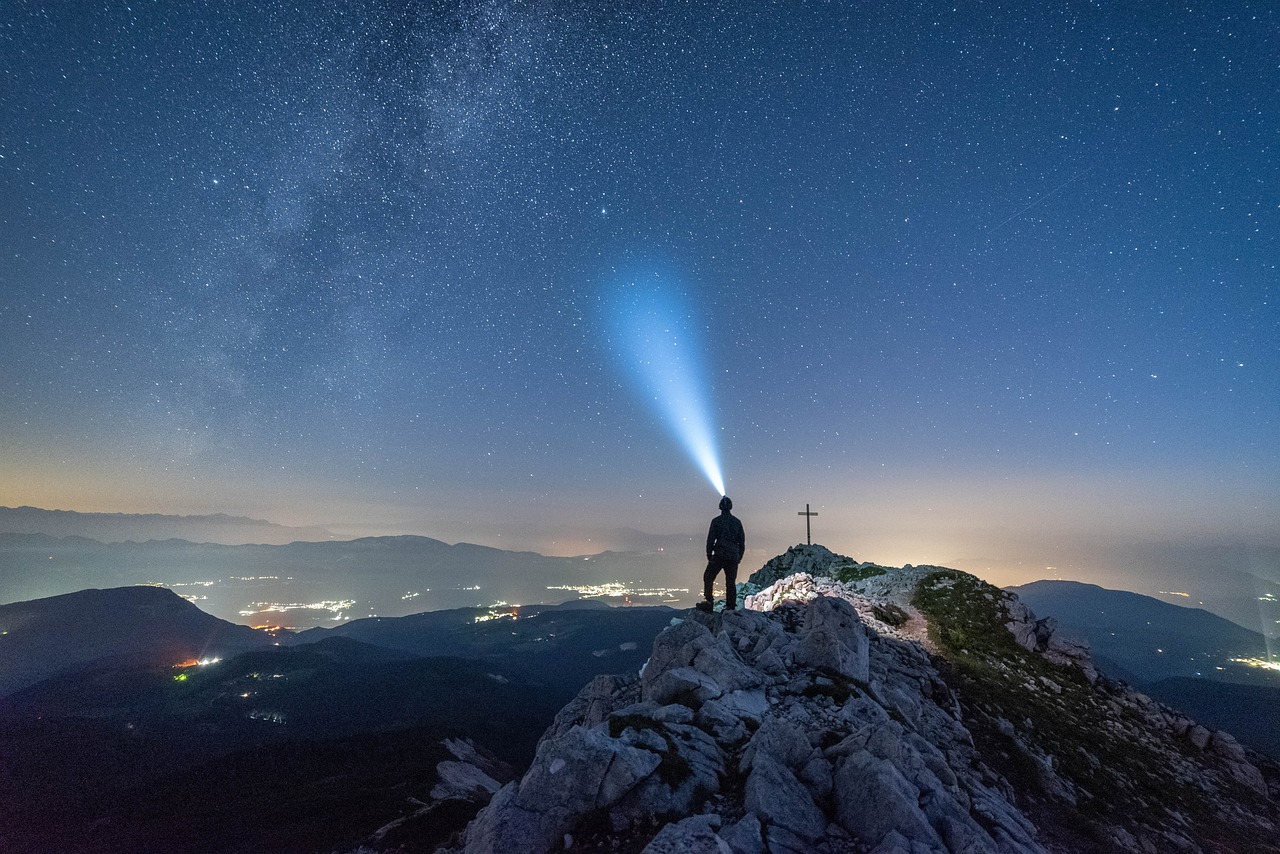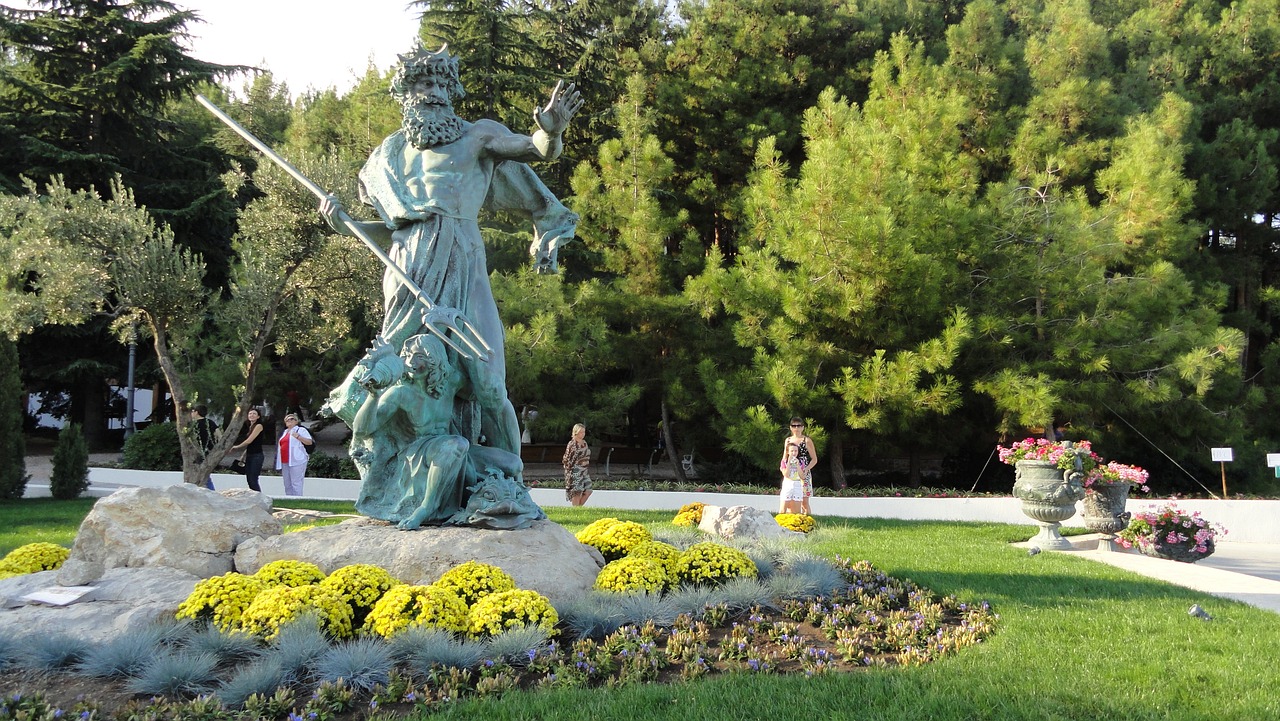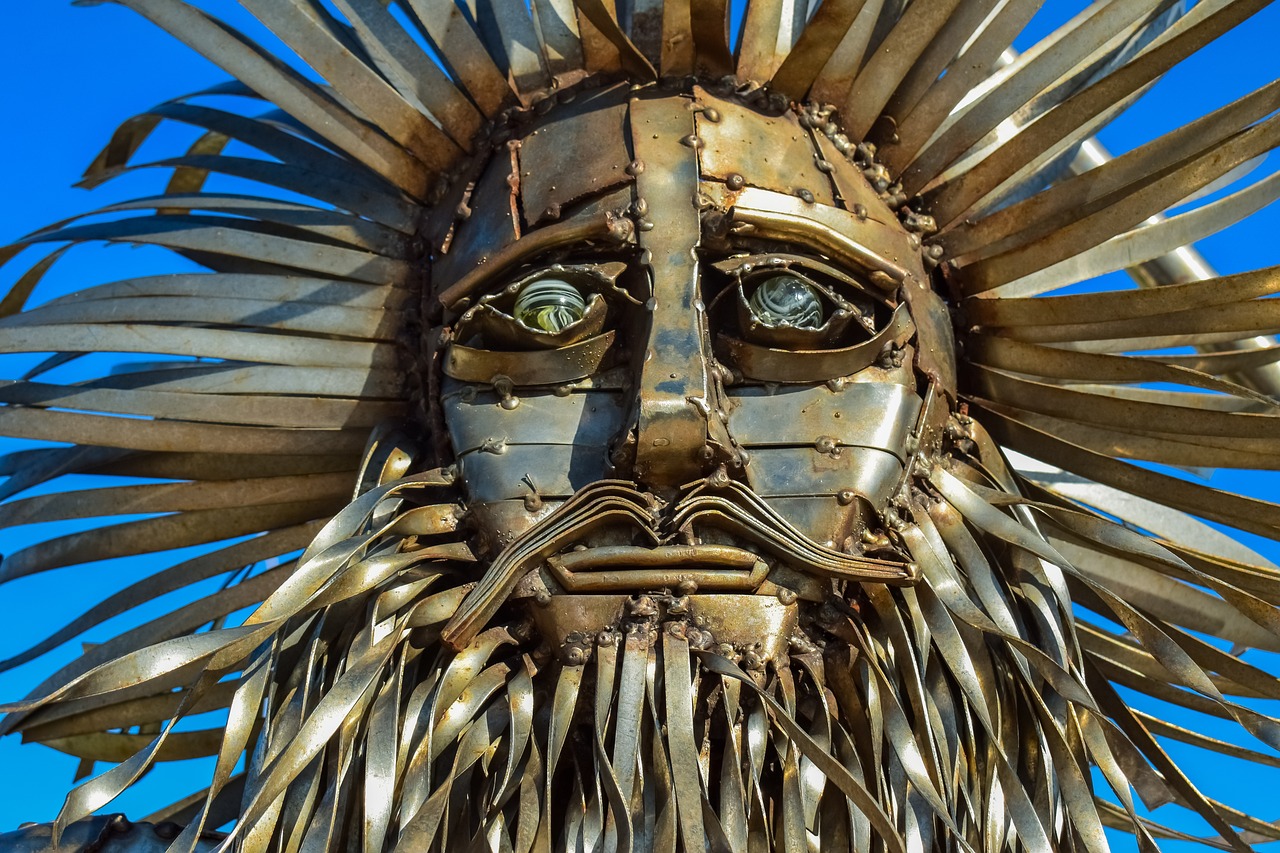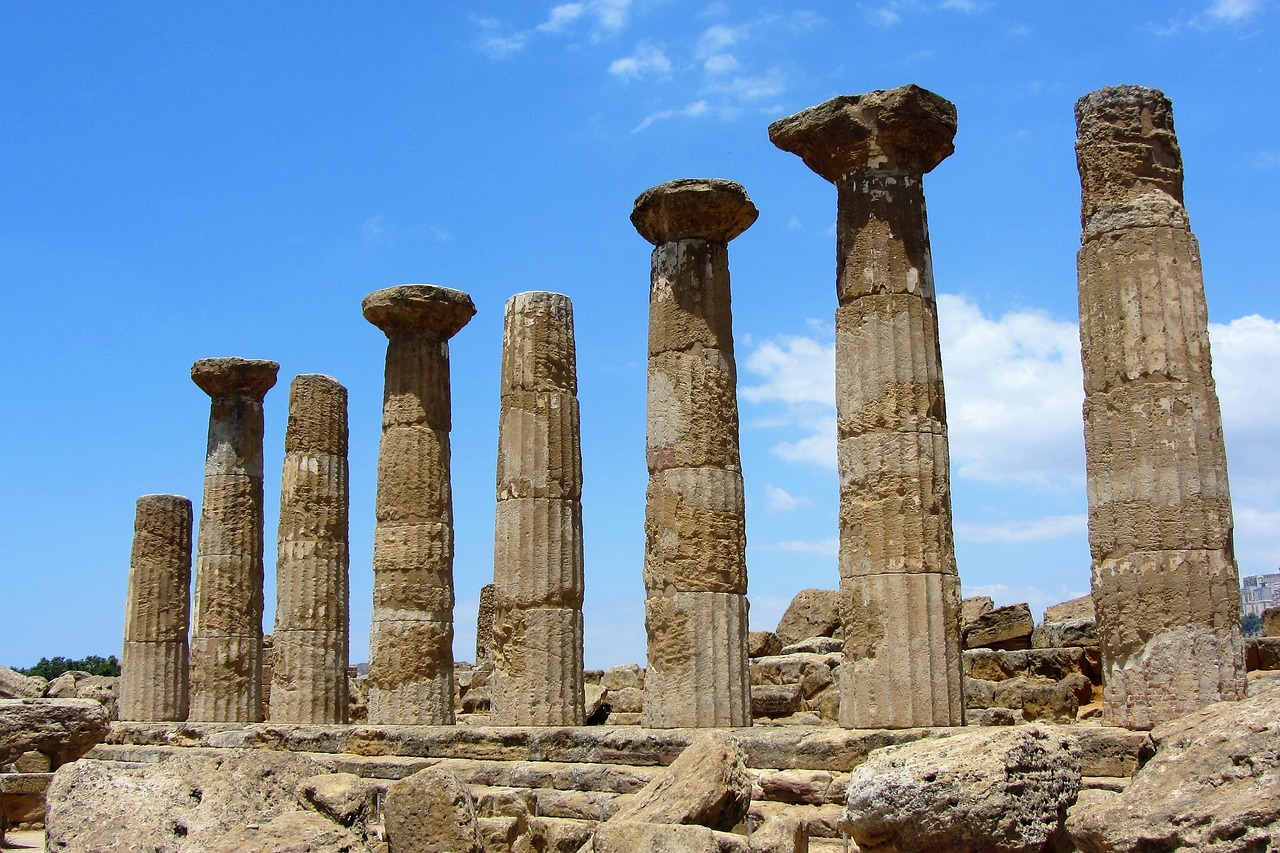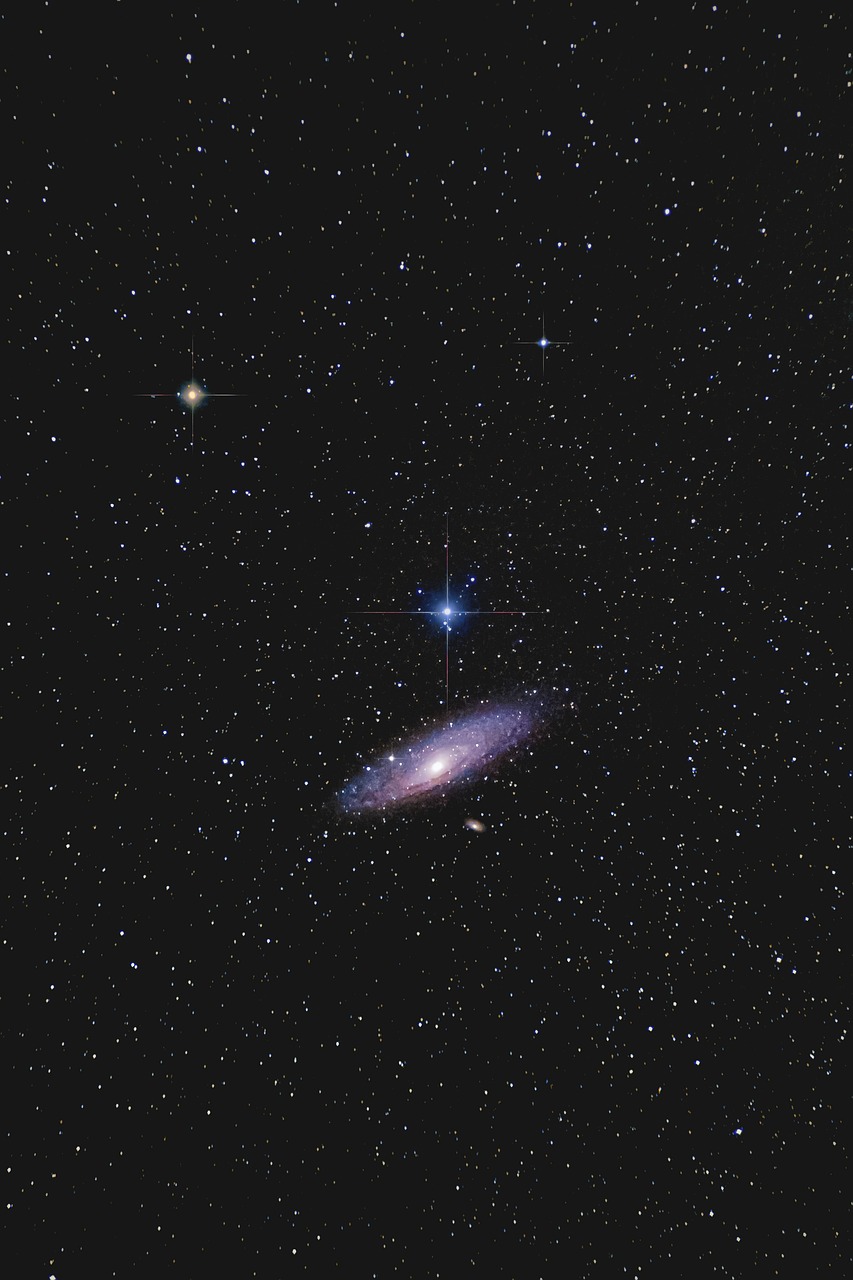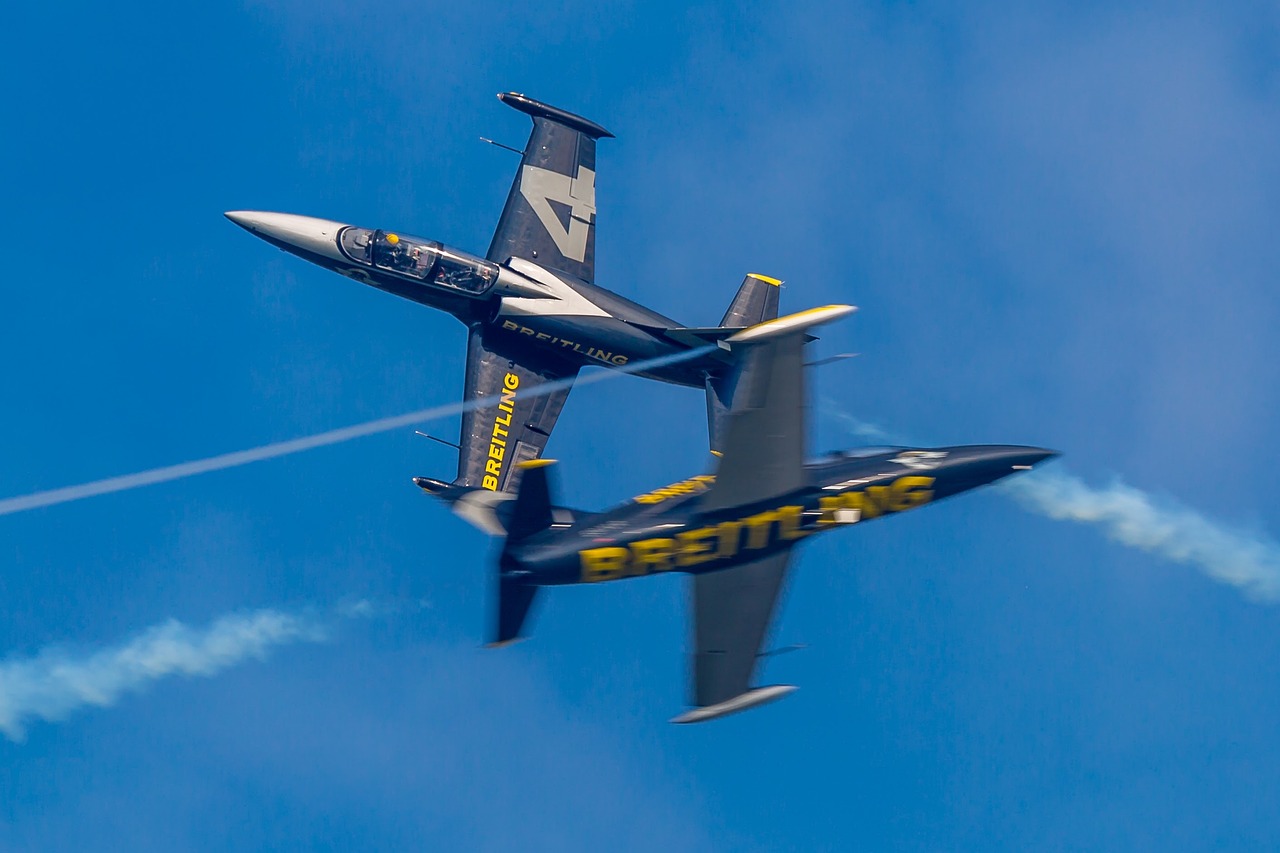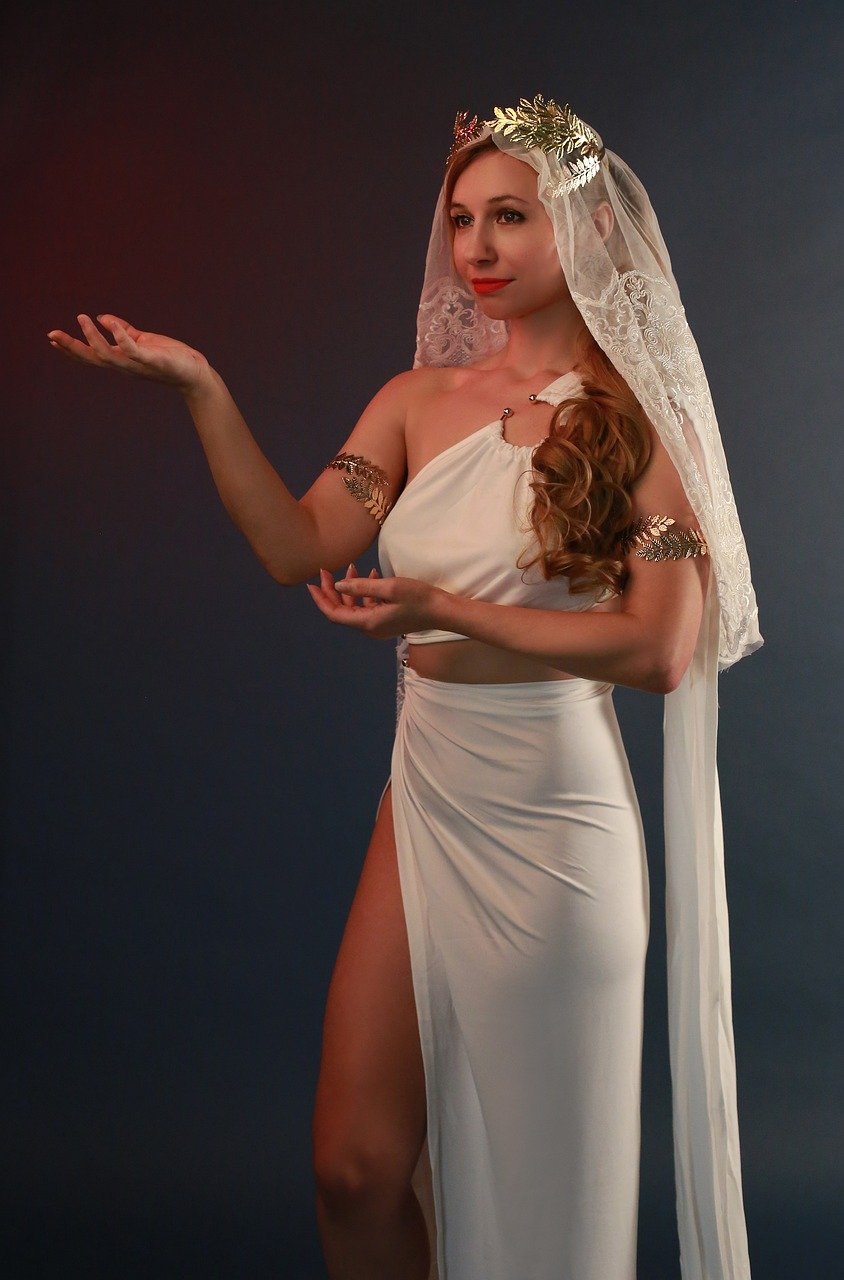Tag: Greek mythology
-
The Olympian God of the Sea: Poseidon Overview Poseidon, an Olympian deity, presides over the sea, earthquakes, floods, and horses. He is typically envisioned as a robust, bearded man wielding a trident, symbolizing his authority over watery domains. Myths and Legends of Poseidon From his very beginnings, Poseidon’s existence was fraught with challenges; he was…
-
Greek mythology is a complex tapestry of stories woven about the gods, heroes, and rituals of the ancient Greeks along with tales from Classical antiquity. While some ancient thinkers like the philosopher Plato acknowledged that these myths contained fictional elements, they were largely accepted as factual by the popular piety of the Greeks. The influence…
-
Heracles stands as one of the most renowned heroes from Greco-Roman mythology. He was often depicted as the offspring of Zeus and Alcmene, who was the granddaughter of Perseus. Zeus had vowed that the next son born into the lineage of Perseus would ascend to the throne of Greece. However, due to a scheming act…
-
Thanatos: The Personification of Non-Violent Death Overview Thanatos, the embodiment of gentle death, represents a serene transition out of life, in contrast to the violent and chaotic deaths associated with his sisters, the Keres. He shares an affinity in character with Hypnos, the god of sleep, emphasizing a calm departure akin to drifting into slumber.…
-
In ancient Greek lore, Pegasus is celebrated as an immortal winged stallion, born from the union of Poseidon and Medusa. Alongside his brother, Chrysaor—who bore a golden sword—Pegasus emerged in a miraculous manner from the neck of his mother, after Perseus had beheaded her. This majestic creature became associated with Bellerophon, a renowned hero, before…
-
The Andromeda Galaxy, situated a mere couple of billion light years away, is our Milky Way’s closest neighboring galaxy. It stands as one of the few galaxies observable to the naked eye from Earth. Enthusiasts of the night sky are often captivated by the Andromeda constellation, which derives its name from a legendary princess who,…
-
Erebus, a prominent figure in Greek mythology, embodies a dark aspect of the underworld and represents the concept of darkness itself. He is considered a primordial being, emerging in the ancient creation narratives as one of the earliest deities. Erebus is depicted as the offspring of Chaos, who is also the progenitor of his consort…
-
Eros, in Greek mythology, epitomizes the god of love, emphasizing passionate and physical desire. This deity strikes unexpectedly at the hearts of individuals, eliciting chaotic emotions and profound feelings. As Hesiod notably described, Eros has the power to “loosen the limbs and weaken the mind.” In artistic representations, Eros is frequently depicted as a carefree…
-
KidZone Geography: Hestia – Goddess of the Hearth Introduction to Hestia Hestia holds a highly respected position among the twelve Olympian gods in Greek mythology, recognized as the goddess of the hearth, home, and familial relationships. Celebrated for her nurturing disposition, she is frequently illustrated alongside a flame, which represents the hearth fire that provides…

